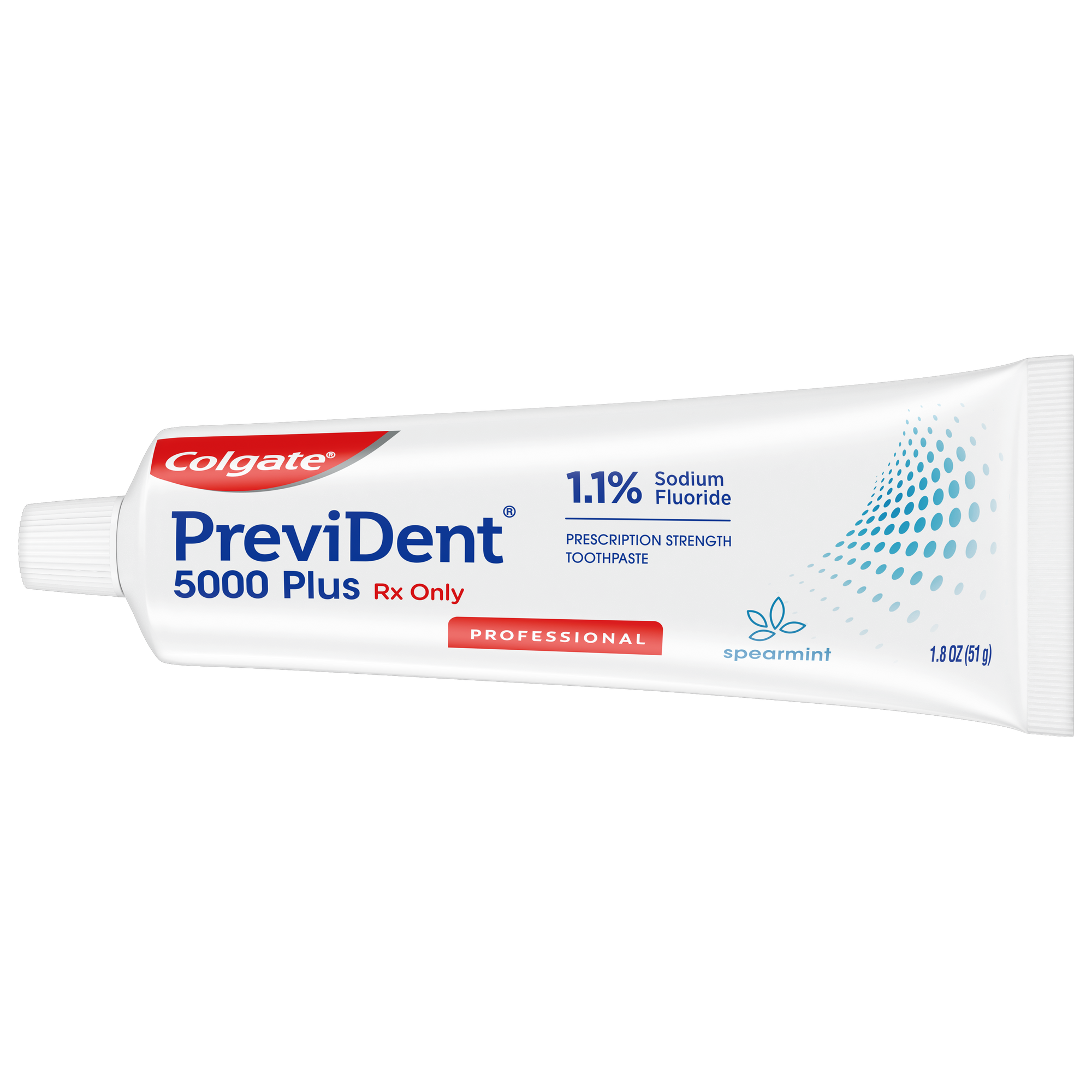-
-

FLUORIDE
What Is Stannous Fluoride Toothpaste?Discover what is Stannous Fluoride Toothpaste and its importance to prevent cavities and other oral health problems.

TEETH WHITENING
Whitening toothpaste - hydrogen peroxide vs. carbamide peroxideIf you lose one or more of your front teeth due to injury or decay, you may feel ...
-
Science & InnovationOral Health Commitment
- Oral Health Commitment
- Bright Smiles, Bright Futures
- Educational Resources
- Mobile Dental Van
- Volunteer
- ORAL HEALTH CHECK
- PRODUCT MATCH
- Oral Health and Dental Care | Colgate®
- Oral Health
- Herpetic Lesions: Symptoms, Treatment And Prevention


According to the World Health Organization (WHO), 67 percent of the world's population younger than 50 years old has herpes simplex virus type 1 (HSV-1). HSV-1 is generally spread through oral-to-oral contact and is commonly known as cold sores or fever blisters. These blister-like herpetic lesions can be spread from the mouth to other parts of the body. Since approximately 3.7 billion people carry this virus, it is very important to understand the symptoms and management of the condition.
Symptoms of Herpetic Lesions
Six to 24 hours before the actual lesion appears, patients may feel some tingling, burning, stinging or pain in the tissue around the lips or eyes. The patient may also feel warmth, redness and swelling as common HSV-1 symptoms. The blisters associated with herpetic lesions generally appear in clusters, forming under the tissue and pushing to the surface. The lesions are infectious, and (no matter how much they itch) patients should not touch or rupture the blisters to avoid spreading the virus to the eyes, fingers, cheeks, nose, or to another person.
The symptoms may vary depending on whether you have primary or recurrent herpetic lesions. Systemic symptoms, such as a fever, headache and sore throat, may accompany a primary outbreak, notes Medscape. Recurrent lesions are typically milder and shorter in duration than the primary type.
Treatment for Herpetic Lesions
Since herpetic lesions are contagious, dental professionals encourage patients to postpone routine care appointments if the virus is active and the patient has lesions present. According to WHO, there are several antiviral medications available that may be prescribed to shorten the duration of a herpetic lesion outbreak. These medications may decrease the incidence of the condition, but are not a cure for the illness. Numbing products may also relieve pain during an acute herpetic outbreak.
Prevention of Herpetic Lesions
HSV-1 is spread mainly through the infected lesions of patients exhibiting symptoms. Unfortunately, there is currently no effective therapeutic agent or vaccine to prevent the herpetic family of viruses. Some common preventive tips include following good handwashing and personal hygiene habits, avoiding kissing, and not touching the affected blistered areas of the herpetic lesions. Patients can also prevent the spread of the virus by not sharing toothbrushes. Keep these tips in mind in order to keep healthy during these challenging times.
This article is intended to promote understanding of and knowledge about general oral health topics. It is not intended to be a substitute for professional advice, diagnosis or treatment. Always seek the advice of your dentist or other qualified healthcare provider with any questions you may have regarding a medical condition or treatment.
Related Articles

Mouth sores and infections
8 Common Oral InfectionsOral bacteria can cause viruses, tooth decay, gum disease and other common mouth infections in both children and adults.

Mouth sores and infections
Apical Abscess: Symptoms, Diagnosis And TreatmentAn apical abscess is one of the most common types of dental abscesses. Find out more about the symptoms, diagnosis, and treatment of apical abscess, here.

Mouth sores and infections
How Blisters in Mouth Tissue Occur and How to Treat ThemFinding blisters in mouth tissue isn't unusual; it can occur in all age groups and for a variety of reasons. It is therefore important for you to identify the contributing factors for your specific condition. In certain instances, these lesions can be contagious or pose a greater risk for infection.These ulcers can occur on the lips, tongue, gums, inner cheeks, roof or floor of the mouth, and they can arise from tissue trauma, non-communicable illness or something very often transmitted.

Mouth sores and infections
Geographic Tongue: Causes, Symptoms And CareHave you ever looked at your tongue in the mirror and thought you were looking at a road map of Florida? Or maybe on another day it looked more like Pennsylvania. You may have a condition called geographic tongue. Don't be alarmed, though. This benign condition is not a threat to your health.Here are some interesting facts about this disorder (also referred to as migratory glossitis or wandering rash of the tongue) that you should know.
Related Products
Prescription Products

Colgate® PreviDent® Oral Rinse is prescription-strength, with extra fluoride to help decrease cavities for people who have trouble brushing.
Prescription Products

Colgate® PreviDent® Varnish is an in-office treatment for sensitive teeth. Contact your dentist today!
Prescription Products

Colgate® PreviDent® 5000 Booster Plus is a high fluoride prescription strength toothpaste for unsurpassed remineralization. Contact your your dentist today!
Prescription Products

Colgate® PreviDent® 5000 Plus Prescription Toothpaste delivers 4x the fluoride than over-the-counter toothpastes & rinses. Contact your your dentist today!

Helping dental professionals
More professionals across the world trust Colgate. Find resources, products, and information to give your patients a healthier future




